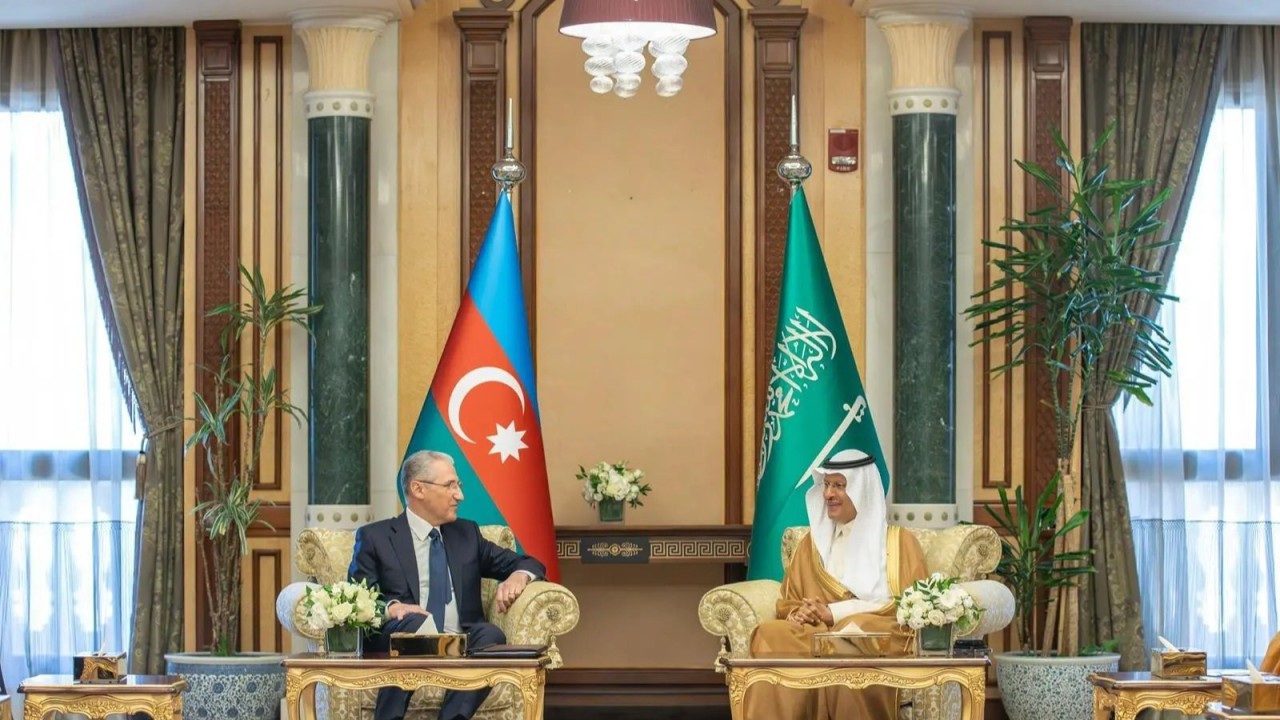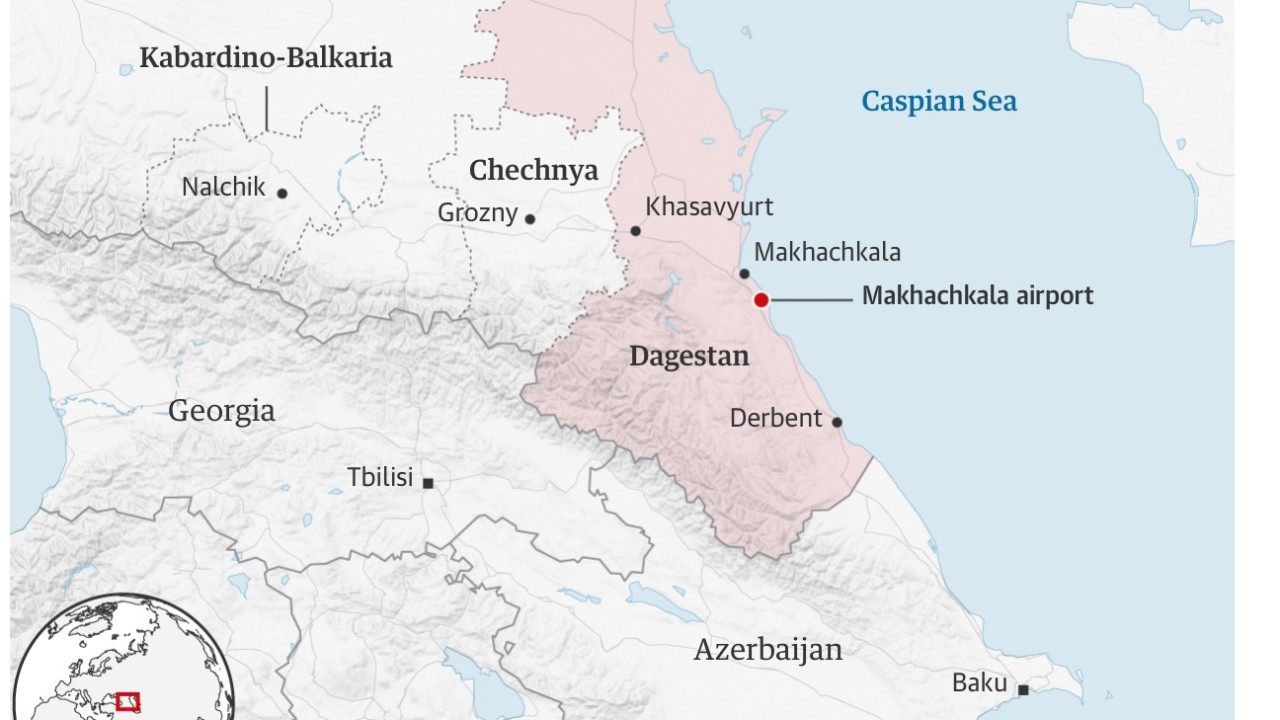This week’s Azerbaijan Brief examines the latest developments around Baku-Beijing relations.
Over the summer, Azerbaijan and China inked a strategic partnership agreement, the culmination of a long-standing expansion of bilateral ties. The two countries are increasingly collaborating across multiple fronts: infrastructure, security, and more recently Taiwan. And both share common goals — chief among them, curtailing Western influence across their respective spheres of influence.
In March, Hikmat Hajiyev, senior foreign policy advisor to Azerbaijani President Ilham Aliyev, conducted a whirlwind tour of China. Throughout his visit, Hajiyev emphasized the common worldview of Baku and Beijing, a tacit acknowledgement of their shared geopolitical goals (i.e., reduced Western influence) — and the growing benefits of authoritarian coordination. This alignment of interests has spurred Baku’s increased engagement with the Shanghai Cooperation Organization (SCO), a China-run security bloc. (In recent years, China has promoted the SCO as an alternative to Western forums, to little avail.)
Azerbaijan is also an increasingly vocal opponent of Taiwan, echoing the hawkish sentiments of Beijing. Between January and March, Azerbaijan released a series of statements condemning Taiwan’s elections, citing its support for China’s territorial integrity. Upon closer inspection, Baku’s “principled” stance rings hallow. (Azerbaijan is actively normalizing international engagement with the breakaway statelet of Northern Cyprus.)
What we are watching
Veterans crisis. Following a series of armed campaigns vis-à-vis Nagorno-Karabakh (Artsakh) and Armenia, Baku is facing a mounting veterans crisis. In recent years, a string of veteran self-immolations have rattled communities across Azerbaijan (i.e., Samukh, Agstafa and Sabirabad.) War-related injuries — compounded by government neglect — are key triggers. Despite the growing crisis, Azerbaijani authorities have resisted a robust response. Instead, the authorities are resorting to familiar intimidation tactics to silence victims.
Transnational repression. Earlier this month, prominent Azerbaijani opposition activist Vidadi Isgandarli was assassinated in France’s Alsace region. Isgandarli, a 62-year-old former prosecutor, fled to France in 2015. While perpetrators have yet to be identified, observers attribute the murder to the Aliyev regime. (Baku has a long track record of targeting critics across Europe.) And its far-flung crackdown is poised to escalate — with potential Russian assistance.
During a recent visit to Baku, Sergey Naryshkin, the hawkish head of Russia’s Foreign Intelligence Service, pledged to boost bilateral intelligence cooperation in order to neutralize foreign ‘“subversive actions organized abroad with anti-Russian and anti-Azerbaijani aims.” (Naryshkin’s remarks highlight how Russo-Azeri coordination is expanding beyond the South Caucasus.)
Allies in business. The Azerbaijan Brief previously featured God Nisanov, the Russian-Azerbaijani property developer. (Nisanov plays a key role in perpetuating Azeri influence in Moscow and Tel Aviv.) In recent years, a flurry of reports has revealed business arrangements between the Azerbaijan-born oligarch and the Aliyev family across Russia.
In 2020, Proekt, a Russian investigative outlet, published an expose around Nisanov’s role in advancing the business interests of Leyla Aliyeva, the eldest daughter of Azerbaijani President Ilham Aliyev. Among other favors, the real estate magnate bypassed municipal authorities to secure “permission” for Aliyeva’s redevelopment — and demolition — of a historic property in central Moscow.
Nisanov and Aliyeva are also fixtures of Moscow’s power circles. Among their mutual associates is Sergey Naryshkin. (The intelligence chief’s daughter Veronika hosted a 30th birthday celebration with Leyla Aliyeva on a ship belonging to Nisanov, the Radisson Flotilla.)
Why the world should care
The Baku-Beijing partnership highlights growing coordination among revisionist states. These actors are increasingly cooperating to undermine international norms and pursue geopolitical interests. Curtailing Western influence across swathes of Eurasia is a particular priority. This increased collaboration poses a significant threat to states on the front-lines of authoritarian aggression (i.e., Armenia, Taiwan and Ukraine).



